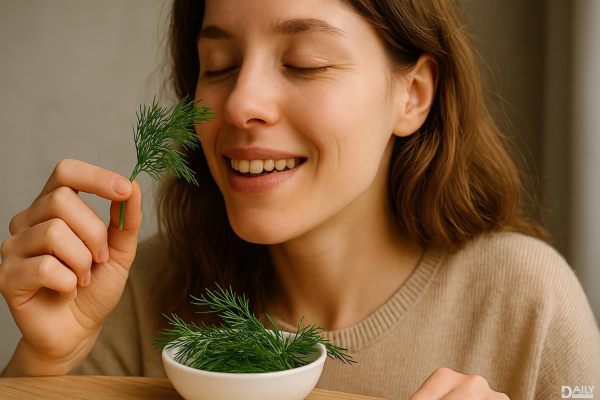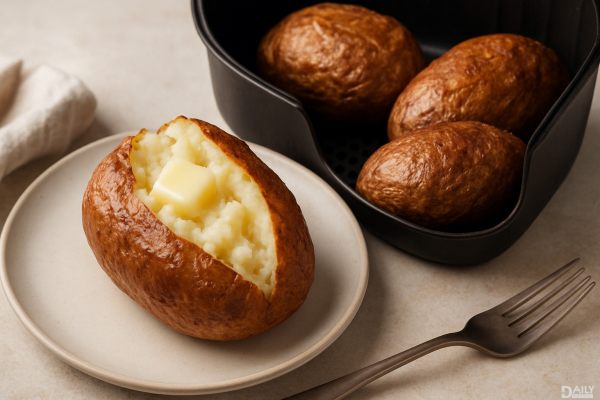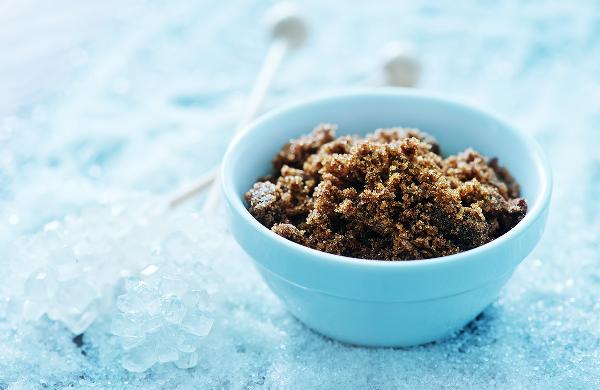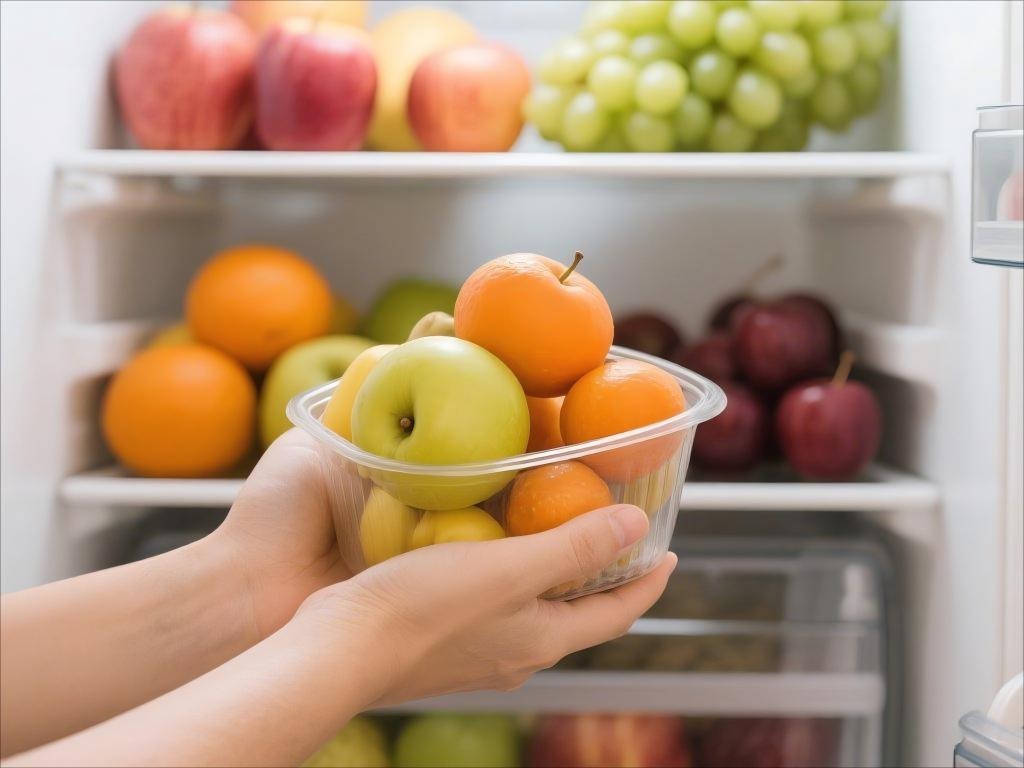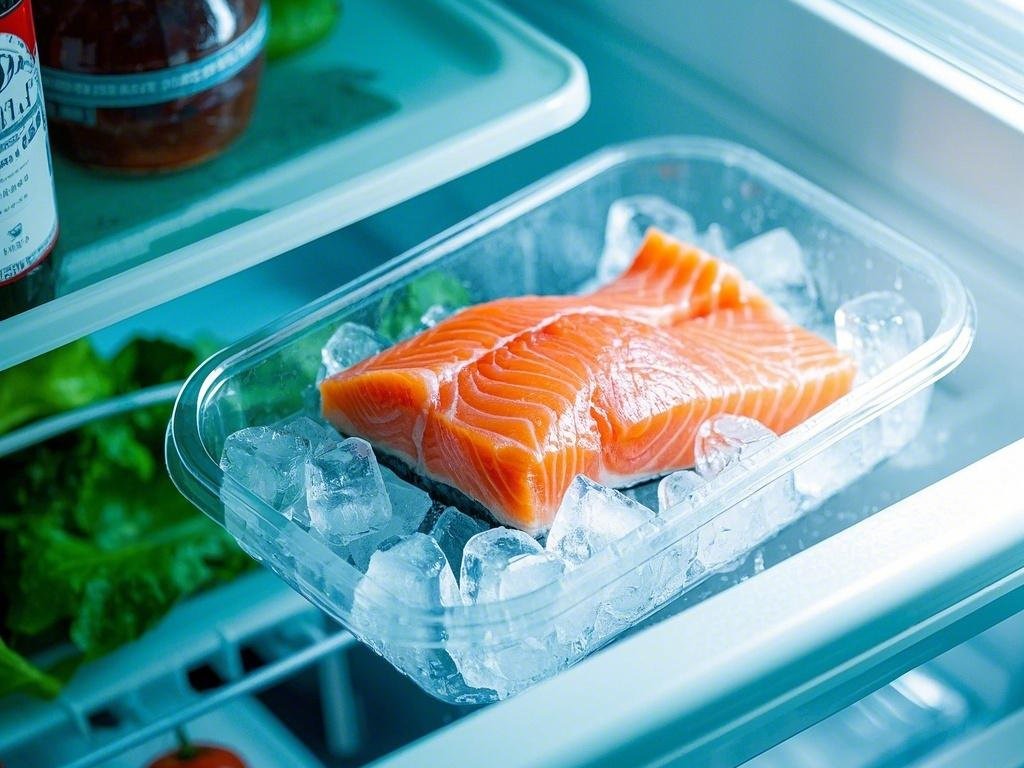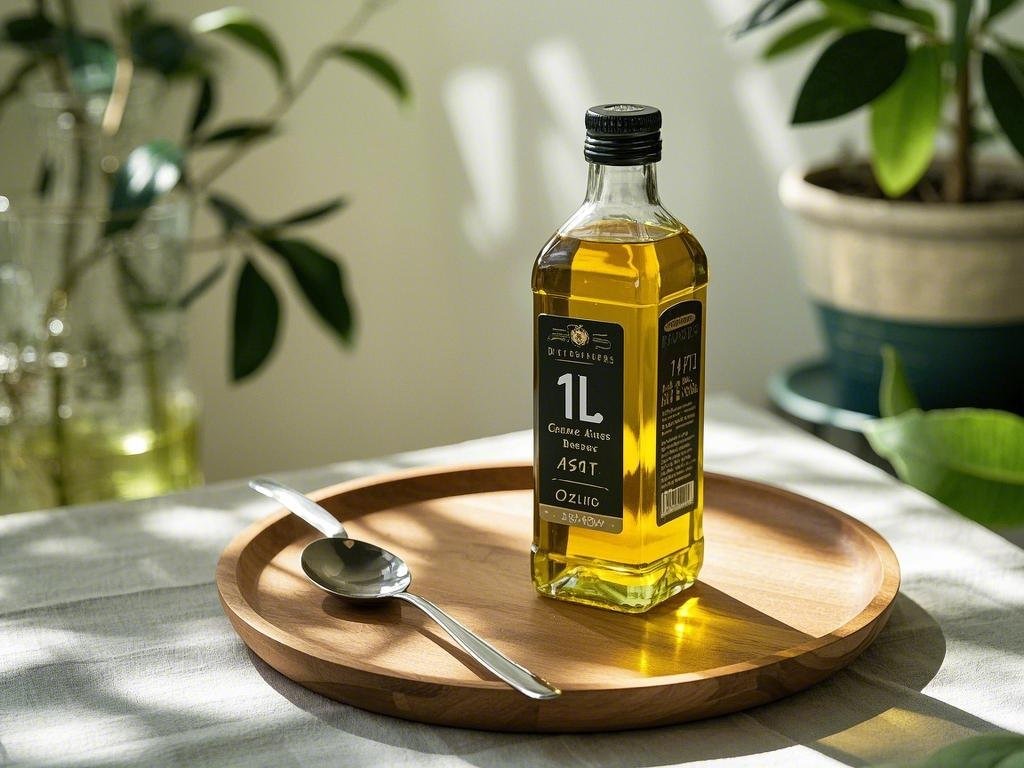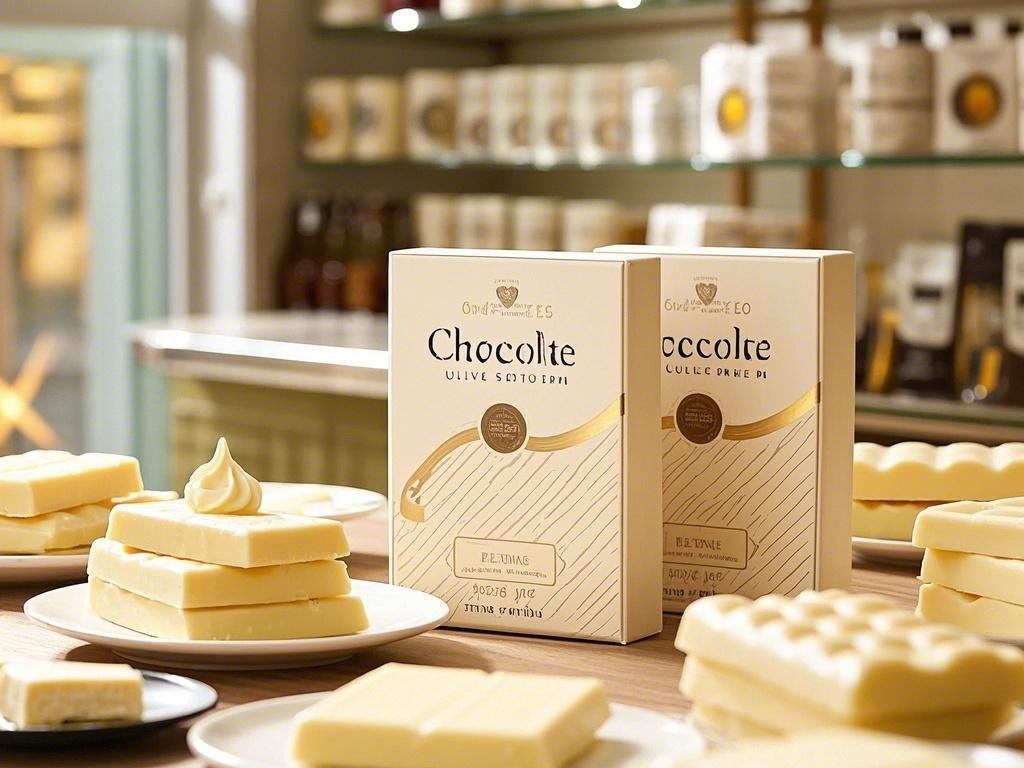Dill pickles are not sweet—they're the tangy, briny, garlicky punch of flavor that makes your taste buds wake up and take notice. If you're biting into a dill pickle expecting something sugary, you're in for a sour surprise. These crunchy cucumbers are all about that bold, acidic kick, thanks to their vinegar-based brine and heavy seasoning with dill, garlic, and spices. But hey, don't let the lack of sweetness fool you—dill pickles have a cult following for a reason.
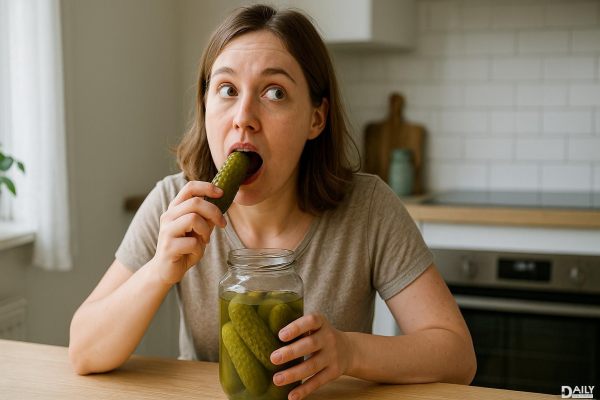
Dill pickles get their unmistakable tang from fermentation or vinegar brining. When cucumbers soak in that salty, acidic liquid, magic happens. The process preserves them while dialing up the sour flavor profile. Unlike bread-and-butter pickles or sweet gherkins, which get a hefty dose of sugar in their brine, dill pickles keep it savory. The primary players here are vinegar (usually white or apple cider), salt, fresh dill, garlic, and sometimes mustard seeds or peppercorns. The result? A snack that's crisp, salty, and packed with umami—zero sweetness required.
Okay, let's address the confusion. Some folks assume all pickles are sweet because they've only encountered the sugary varieties. Grocery store shelves are packed with bread-and-butter chips or sweet relish, which can skew expectations. Then there's the "half-sour" pickle—a milder version that ferments for less time, keeping a faint cucumber freshness. But true dill pickles? They’re sour through and through. If you’ve ever taken a bite and immediately puckered up, congratulations—you’ve met the real deal.
Let’s break down what’s actually happening in your mouth when you eat a dill pickle. First, there’s the immediate hit of acidity from the vinegar, followed by the earthy, slightly grassy notes of dill. Garlic adds depth, while salt enhances everything. The cucumber itself stays crunchy but takes on all those bold flavors. There’s no sugar to balance it out—just pure, unapologetic zest. It’s like a flavor explosion designed for people who love bold tastes. Sweet pickles, on the other hand, are like the friendly neighbor who waves hello; dill pickles are the one who throws epic block parties.
If you’re scanning the pickle aisle and want to avoid accidental sweetness, check the label. Ingredients should list vinegar, salt, dill, and spices—not sugar, corn syrup, or honey. Look for words like "kosher dill" or "fermented." Refrigerator pickles (the ones kept cold) tend to be more authentically sour than shelf-stable ones. And if you’re at a deli? Ask for "full-sour" to guarantee maximum tang. Pro tip: The cloudier the brine, the more fermented (and flavorful) the pickle.
Dill pickles aren’t just a snack—they’re a cultural icon. In the U.S., they’re a staple at Jewish delis, paired with pastrami sandwiches or chopped into creamy potato salad. Eastern European cuisines use them in soups and stews for a sour punch. Even pregnant folks swear by them as the ultimate craving. Their boldness cuts through rich foods, making them the perfect palate cleanser. Sweet pickles might have their fans, but dill pickles have a loyal, almost fanatical fan base. There’s even National Pickle Day (November 14th, mark your calendars).
So next time you reach for a dill pickle, embrace the pucker. These little green spears of joy were never meant to be sweet—they’re here to shake up your taste buds and keep things interesting. Whether you’re eating them straight from the jar or layering them on a burger, one thing’s for sure: life’s too short for bland pickles.
